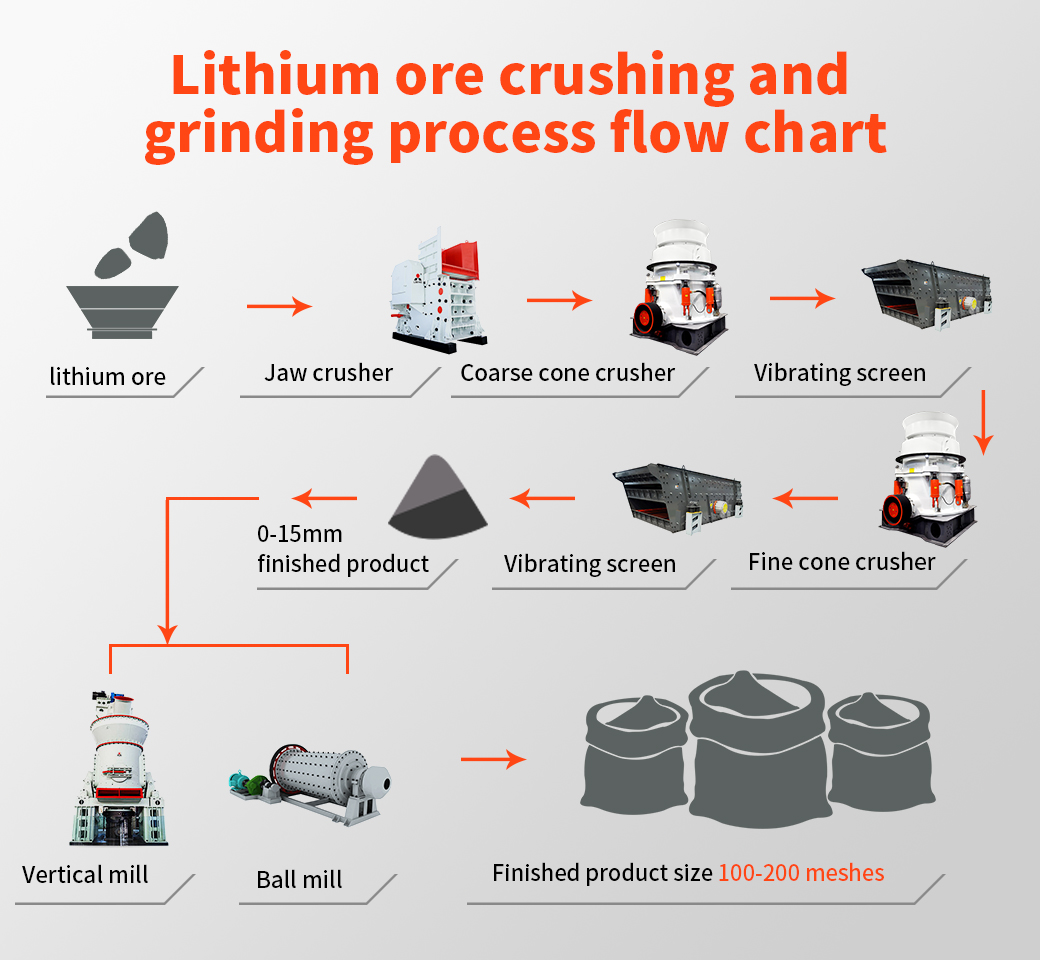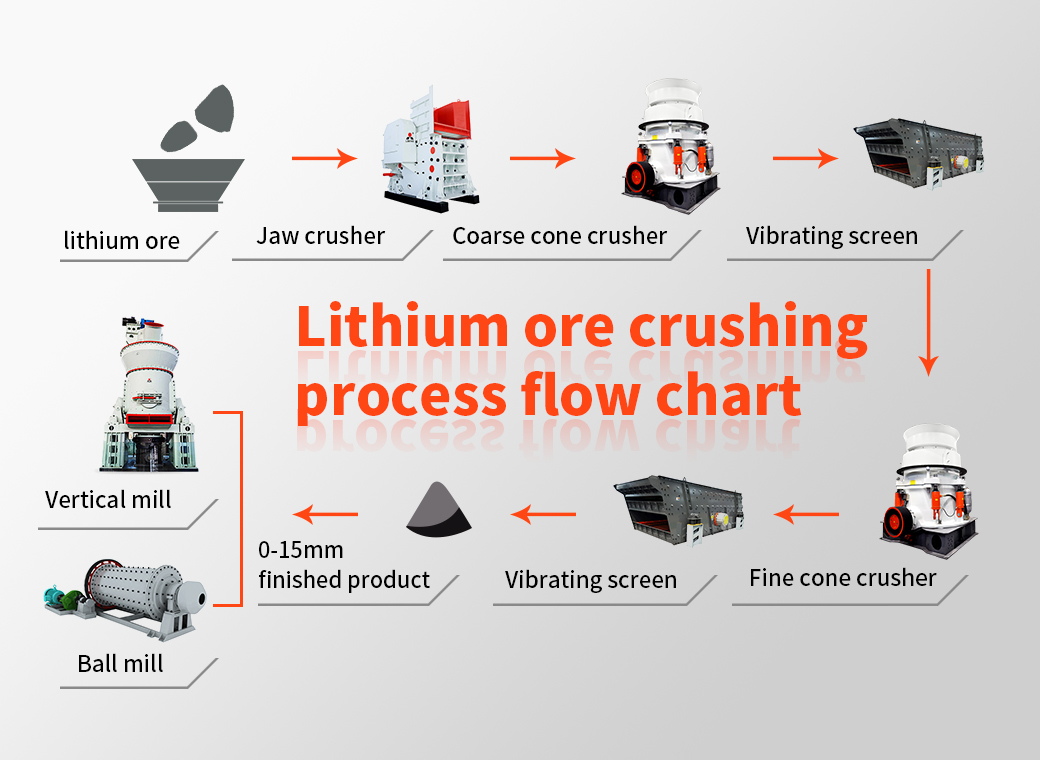The Environmental Impact of Coal Pulverization
Coal pulverization has a significant environmental impact that cannot be ignored. The process of coal pulverization requires immense amounts of energy and results in the generation of large quantities of greenhouse gases, including carbon dioxide, sulfur dioxide, and nitrogen oxides. These gases contribute to air pollution and climate change.
The production line for coal pulverization also generates waste materials that can have negative impacts on the environment. Coal ash is one such byproduct that contains heavy metals like mercury, arsenic, and lead. When not properly disposed of or treated, this waste can contaminate soil and water sources.

coal mill
Furthermore, the mining activities associated with coal production often result in habitat destruction and soil erosion. This can affect local ecosystems as well as wildlife populations.
It is important to acknowledge the environmental impacts associated with coal pulverization so we can work towards finding sustainable alternatives for energy generation while reducing our dependence on fossil fuels. By doing so, we can help mitigate negative effects on both our planet’s health and our own wellbeing in the long run.





 Spodumene: According to the hard rock crushing process, the crushed product is generally 5-40mm, combined with different design requirements of customers, two-end or three-stage crushing, high-grade crushed products (above 4-5%) can be directly used in the metallurgical process to produce lithium carbonate Or lithium hydroxide, the particle size of the finished product is generally around 20-40mm; low-grade generally requires ball mill grinding and separation, and the particle size of the finished product is generally around 5-20mm;
Spodumene: According to the hard rock crushing process, the crushed product is generally 5-40mm, combined with different design requirements of customers, two-end or three-stage crushing, high-grade crushed products (above 4-5%) can be directly used in the metallurgical process to produce lithium carbonate Or lithium hydroxide, the particle size of the finished product is generally around 20-40mm; low-grade generally requires ball mill grinding and separation, and the particle size of the finished product is generally around 5-20mm;
